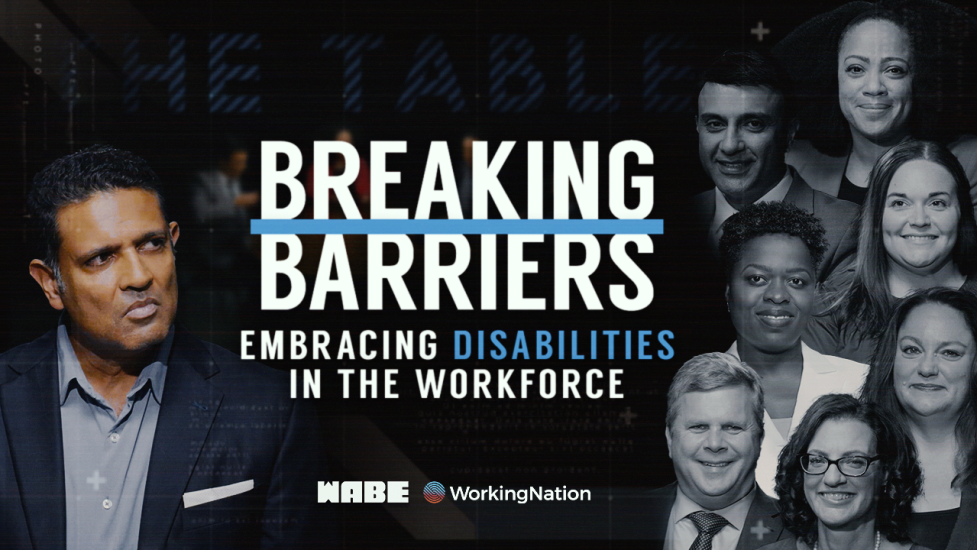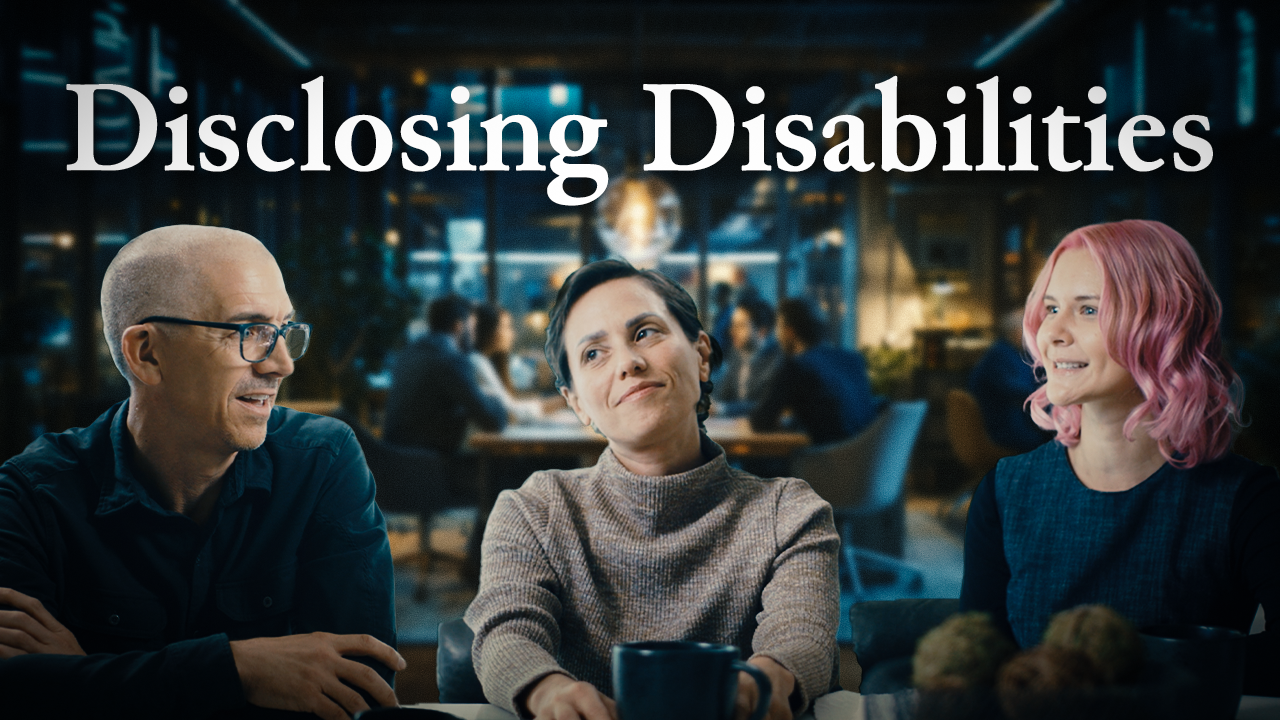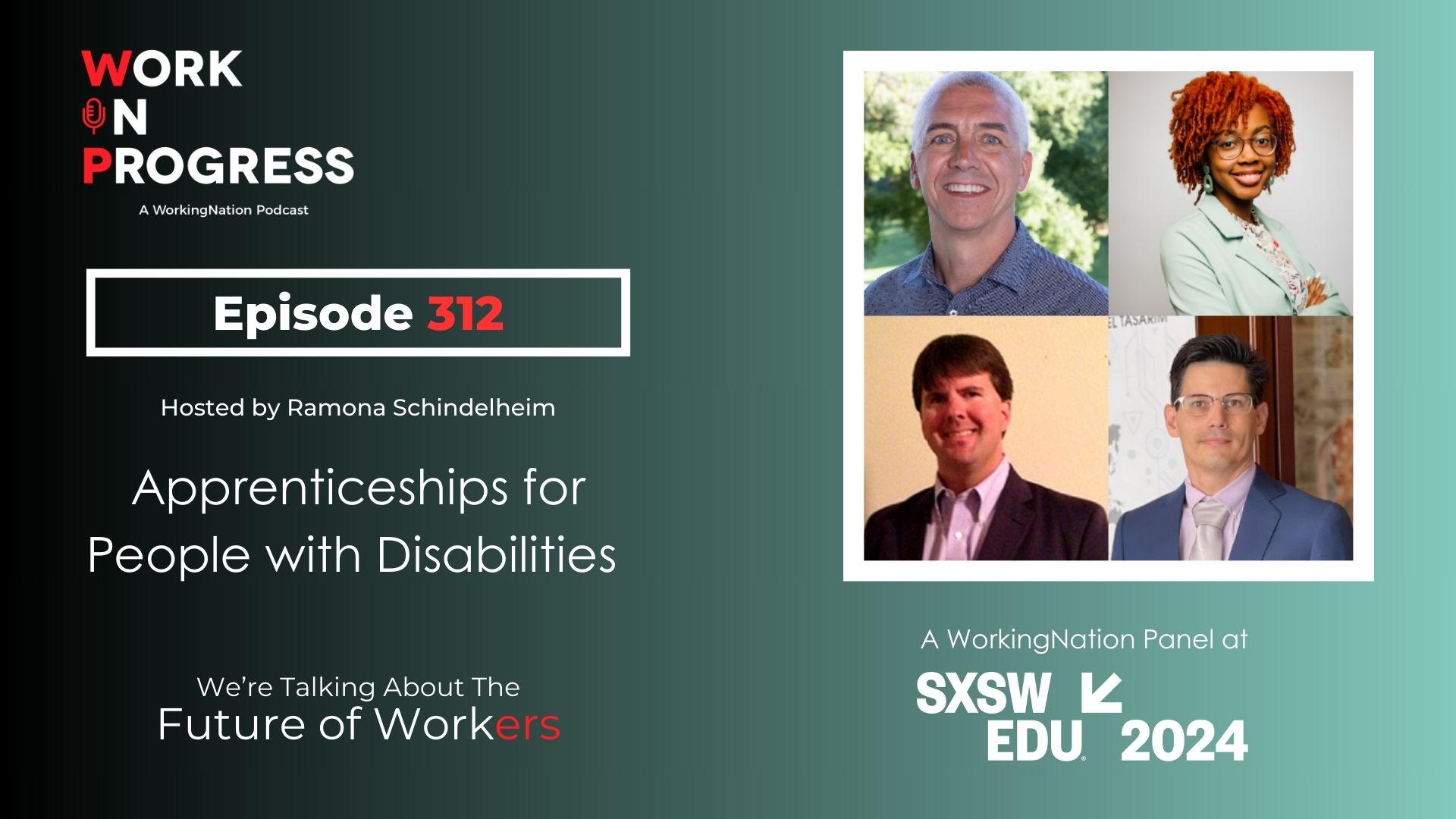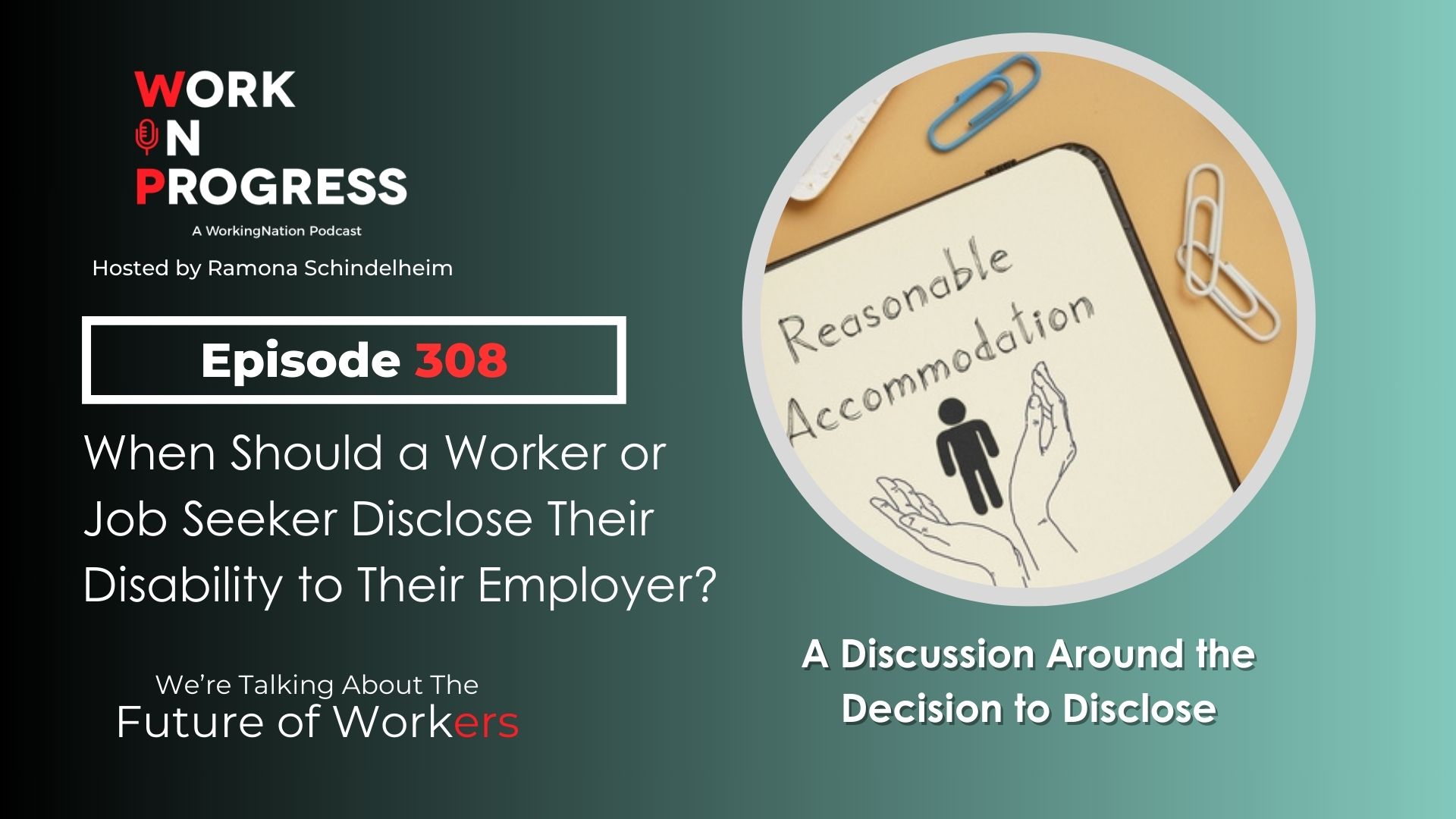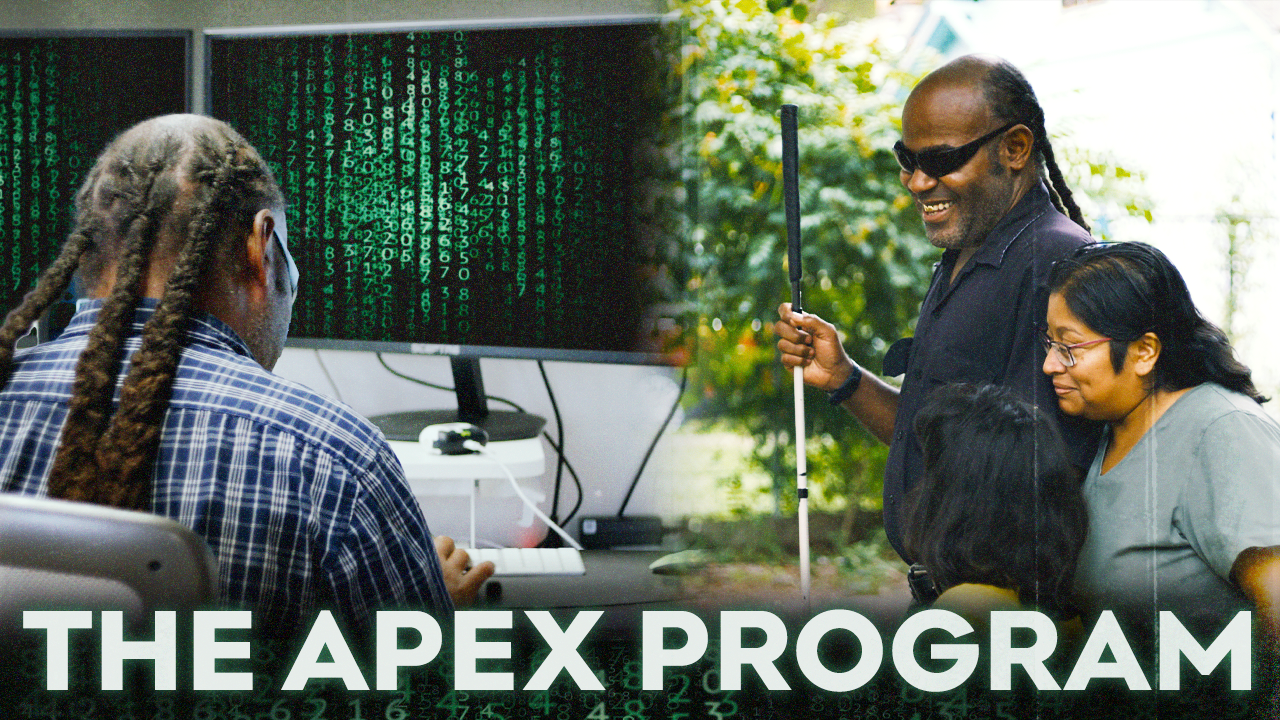More than 61 million Americans have some type of disability, according to the Centers for Disease Control (CDC). This includes difficulty with hearing, vision, cognitive, ambulatory, self-care, or independent living.
Despite laws against discrimination against people with disabilities in the workplace, people with disabilities are more likely to be unemployed, underemployed, and underpaid.
The unemployment rate for people with disabilities is more than double the rate for people without a disability, according to U.S. Department of Labor, while the median annual earnings for workers with disabilities is around $28,000 compared to $41,000 for people without a disability.
A WorkingNation Roundtable Discussion
WorkingNation presents Breaking Barriers: Embracing Disabilities in the Workforce, a special examining how employers are tapping into this underutilized talent pool to diversify their workforces while addressing worker shortages.
The program also looks at how technology and an evolving workplace culture can help these workers overcome some of the obstacles that are preventing them from obtaining and sustaining meaningful careers.
Breaking Barriers features two discussions lead by journalist Hari Sreenivasan and includes:
- Taryn Mackenzie Williams, assistant secretary for disability employment policy at the U.S. Department of Labor,
- Hiren Shukla, global head of the Neuro-Diverse Center of Excellence at EY,
- Matt Ater, vice president of business development for Vispero, which provides assistive technology for the visually impaired,
- Heather Dicks, Georgia Tech’s Excel program for students with intellectual and developmental disabilities,
- Katie Hearn, an Atlanta Braves employee who lost her sight,
- Beth Keeton, executive director at Griffin-Hammis Associates, focused on alternate paths to the workforce for people with disabilities, and
- Ilond Zombil Tshipau, vice president at the Bobby Dodd Institute, a nonprofit dedicated to empowering people with differing abilities.
Here is some of what our experts shared with us.
Assistant Secretary Taryn Mackenzie Williams
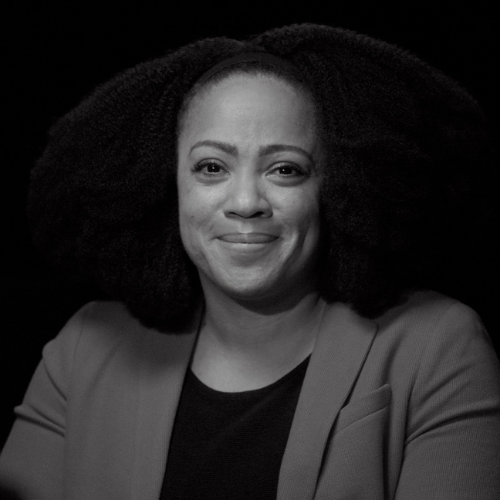
“I’m really heartened by the trends that I’m seeing in the workforce right now. I am seeing employers in the private sector, businesses of all sizes, embracing talent and specifically embracing talent with disabilities.
“We have heard from the employers that we work with, we’ve heard from all levels of government because they too are employers that they are looking to recruit, hire, retain, and advance people with disabilities, and they understand to successfully retain that individual once they are on board, that technology is a key piece of creating workforce inclusion.”
Matt Ater
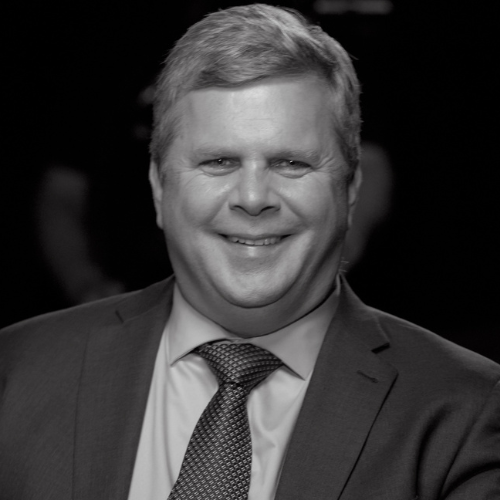
“Accessibility starts at the beginning. Can somebody apply for a job? Can they get through the entire hiring process? Is the job designed in a way that somebody can do the job? Can I actually do all of the onboarding efforts of joining the company, all the training?
“If (the employer) is not doing those things all of a sudden that barrier becomes you get an employee who joined the company and they got through the first part and then they hit this one wall. Employees when they come in have to feel comfortable in asking for what they call an accommodation, and some of that is a barrier to entry because people don’t feel comfortable with it.”
Heather Dicks
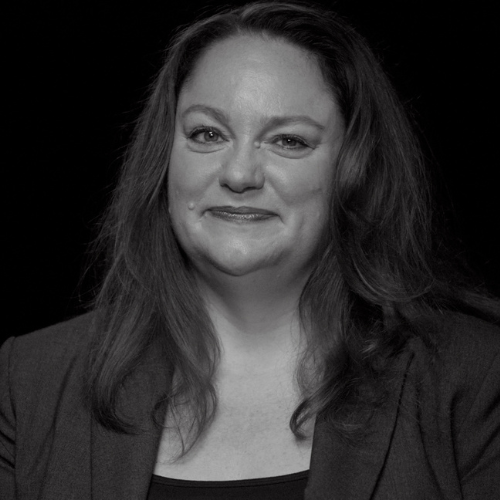
“Every state has an assistive work technology program, which is similar to vocational rehab. For employers who don’t know what they don’t know and don’t know how to accommodate someone, the assistive work technology team can come in and give a consultation, and that may involve some training on the equipment.
“The feedback that we get from employers on that is their minds have been blown because, again, they didn’t know what they didn’t know, and that sometimes there are easy solutions and they don’t have to change or overhaul everything in the company.”
Katie Hearn
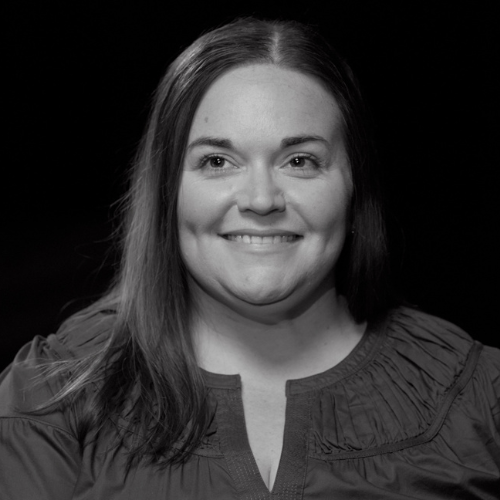
“Self-advocacy is important. For myself, as someone who got a physical disability as an adult, I still had the education. I still had the want to do my job. I felt like it was my job to go back and say to my HR team, ‘this is how I’m going to get there.’
“There are multiple ways to get to 10, and everyone at this table may do it differently, but as long as we get to 10, at the end of the day, we’ve done our job. I think it’s knowing the tools that you’re going to need to be successful in that role when you are applying and saying, ‘Hey, give me a chance. This is what I can bring. I can bring diversity to your organization.'”
Hiren Shuka
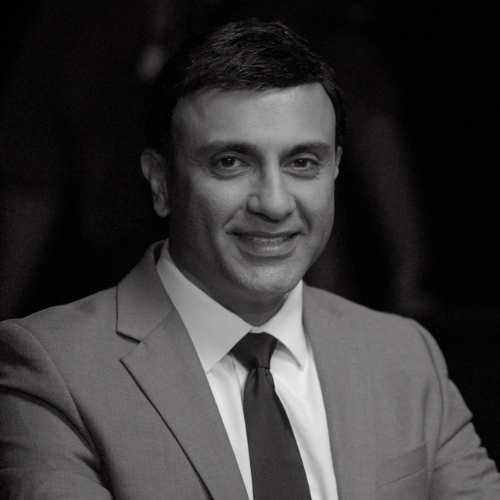
“There is a really interesting dimension of cognitive variation in the world, so all of us are part of the neurodiverse population. Fifteen to 22% of the world has an inherent hardwired divergence in social thinking, communication, and learning style. Autism, ADHD, dyslexia, dyspraxia, dyscalculia – it’s quite a large umbrella term.
“Many of these individuals are unemployed or underemployed because there’s a lot of masking – ‘I’m trying to be like everybody else.’ So, am I really bringing my whole self to work Unlocking the power of thinking differently is transformative. We think that’s where innovation is. We think that’s where transformation is. That’s where new product is and new process.”
Ilond Zombil Tshipau
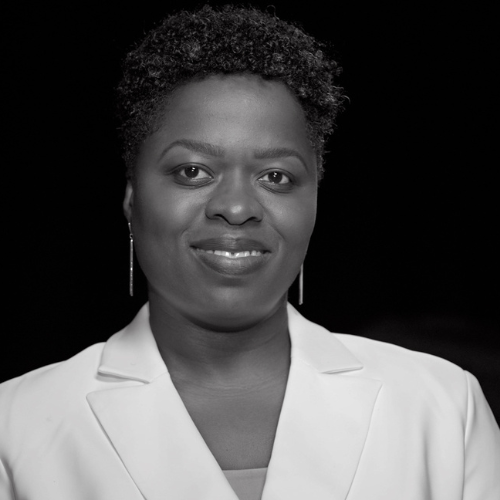
“The workforce landscape is changing. That’s at a remarkable pace and due to various reasons, and one of them being the technology advancement, one of the program that we have is the Bridge Academy. It’s an IT program leveraging Cisco certification and Cisco curriculum to develop cybersecurity analysts because seeing a rise in digital skills.
“It’s providing that next level type of work, but we also want to make sure that all individuals have the ability to participate in the opportunities in this dynamic work. Reskilling, the upskilling – it’s absolutely necessary. In order to be relevant in this current market, we have to continue the ongoing education across the board.”
Beth Keeton
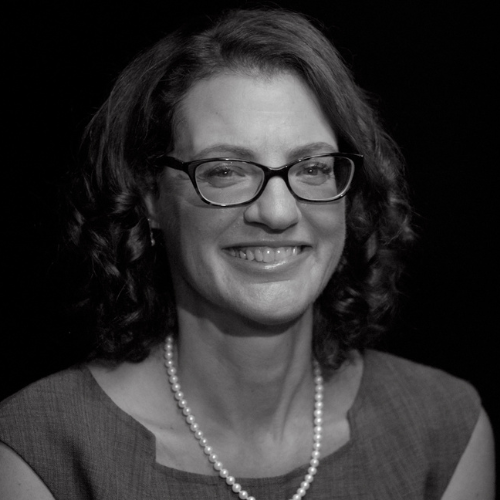
“With Social Security Disability Insurance (SSDI), when they’re evaluating to determine whether or not you qualify to get that cash benefit the question is ‘can you work?’ When they’re looking at can you work, they’re also looking at how much money can you earn. The thing that’s really tricky with SSDI is that you either get all of it or you get none of it. That’s the cash cliff.
“We see a lot of people who end up saying, ‘I’m just going to play it really, really, really safe.’ That can have a catastrophic impact on financial and social lives. If we want to break this false link between poverty and disability, it’s really critical to figure out how to get better supports to people so that they can navigate these more effectively.”
Our Partners on This Important Project
Breaking Barriers was produced in partnership with WABE in Atlanta and premiered on the PBS station on Monday, October 23, during National Disability Employment Awareness Month, which celebrates contributions of workers with disabilities and focuses on making workplaces accessible and inclusive.
The WorkingNation special was made possible through funding provided by the Ares Charitable Foundation.
“The Ares Foundation strives to accelerate economic equity, and helping people successfully enter careers is critical to making that goal a reality,” says Michelle Armstrong, head of philanthropy at Ares Management Corporation and executive director of the Ares Charitable Foundation. “We believe this special will help raise awareness about the underrepresentation of people with disabilities in the workforce and hopefully inspire action that creates greater employment opportunities for them.”
“Disability inclusion and accessibility are key parts of the workplace equity conversation,” says Jennifer Dorian, president and CEO of WABE. “We are pleased to partner with WorkingNation, which has done extensive reporting about the rapidly evolving present and future of work confronting all workers and employers.”
“WorkingNation remains committed to envisioning a future of work where all worker populations have an equal opportunity to contribute,” says Art Bilger, founder and CEO of WorkingNation. “Just like everyone else, our disabled neighbors with requisite skills and experience deserve access to meaningful work, which can bring stability, pride, and a sense of purpose to life. And thanks to new technologies and programs, that’s increasingly possible.”
Breaking Barriers: Embracing Disabilities in the Workforce
Breaking Barriers: Embracing Disabilities in the Workforce is a TV special highlighting workers with disabilities, how technology and an evolving workplace can help them overcome obstacles, and how employers can tap this underutilized talent pool to diversify their workforces while addressing worker shortages. ►Presented by WorkingNation, in partnership PBS station WABE in Atlanta.

